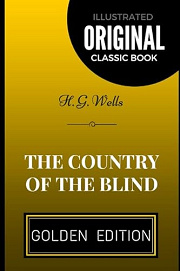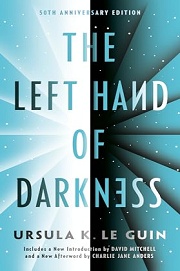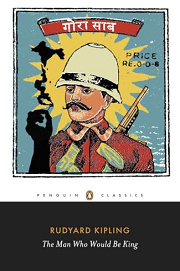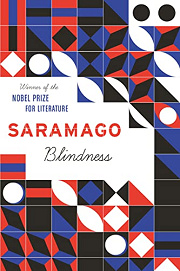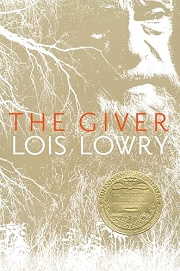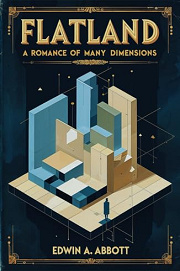Share your thoughts in a quick Shelf Talk!
The Country Of The Blind by H. G. Wells
A traveler discovers an isolated valley where blindness is the norm—and sight is a dangerous anomaly. Power, perception, and culture clash in a timeless tale. The Country of the Blind distills H. G. Wells’s knack for provocative what-ifs into a haunting, unforgettable fable.
Have you read this book? Share what you liked (or didn’t), and we’ll use your answers to recommend your next favorite read!
Love The Country Of The Blind but not sure what to read next?
These picks are popular with readers who enjoyed this book. Complete a quick Shelf Talk to get recommendations made just for you! Warning: possible spoilers for The Country Of The Blind below.
In The Country Of The Blind, did you enjoy ...
... anthropological science fiction where an outsider misreads a self-contained culture’s norms?
The Left Hand Of Darkness by Ursula K. Le Guin
If Núñez's swagger collapses in the Valley of the Blind, you'll appreciate how Genly Ai stumbles on Gethen, misreading shifgrethor (social prestige) and the fluid nature of kemmer. As Núñez learns the valley's logic the hard way, Genly must unlearn assumptions during his harrowing trek across the Gobrin Ice with Estraven. Le Guin gives you the same social thought experiment and cultural reorientation that made The Country of the Blind so compelling.
... an overconfident outsider attempting to rule an isolated people—and being undone by cultural blind spots?
The Man Who Would Be King by Rudyard Kipling
If you were drawn to how Núñez assumes "in the country of the blind, the one-eyed man is king" only to be humbled, Kipling's tale of Daniel Dravot and Peachey Carnehan in Kafiristan hits the same nerve. Their bravado, the forged divinity, and the brutal unraveling mirror Núñez's collision with a community whose customs and power structures don't bend to an outsider's certainty. The Man Who Would Be King offers that sharp cautionary echo.
... a sharp philosophical inquiry into sight, normality, and how societies redefine reality?
Blindness by José Saramago
If the way the valley redefines "sight" fascinated you—elders and a physician branding Núñez's eyes a defect—Saramago's Blindness intensifies that question. A sudden epidemic of white blindness collapses a city; only the doctor's wife can still see. As the quarantined asylum devolves and a new moral order rises, you'll find the same probing of perception, normality, and ethics that underpinned Núñez's impossible choice.
... a small, tightly controlled community whose benign rules hide unsettling costs?
The Giver by Lois Lowry
If you liked how the Valley of the Blind's intimate routines and rules felt sensible from within yet crushing to Núñez, The Giver offers a similar, close-knit lens. Jonas discovers color, pain, and memory under the tutelage of the Giver, and the quiet, rule-bound community reveals its price. The focus on a few characters and the claustrophobic social order echo the intimate, uneasy immersion you enjoyed.
... a perception-bending thought experiment that reframes what "seeing" means?
Flatland by Edwin A. Abbott
If Núñez's failure to convey sight to those who have never known it intrigued you, Flatland makes that paradox its whole engine. A Square struggles to grasp a Sphere's revelation of three dimensions and is ridiculed when he tries to explain it back home. The intellectual delight of perception expanded—and punished—mirrors the conceptual kick at the heart of The Country of the Blind.
Unlock your personalized book recommendations! Just take a quick Shelf Talk for The Country Of The Blind by H. G. Wells. It’s only a few questions and takes less than a minute.
